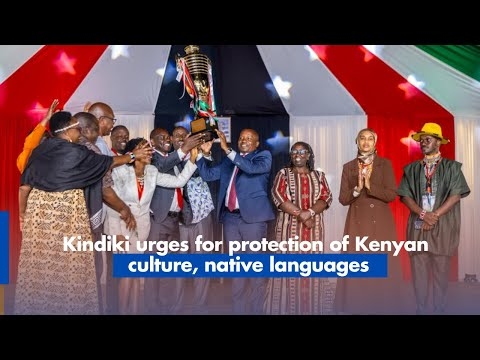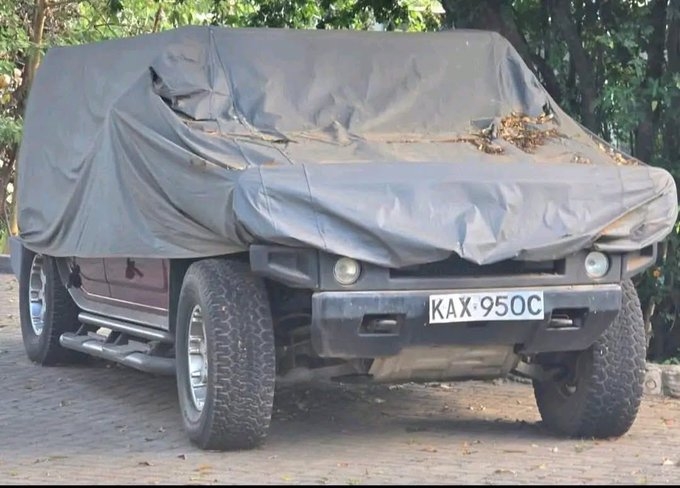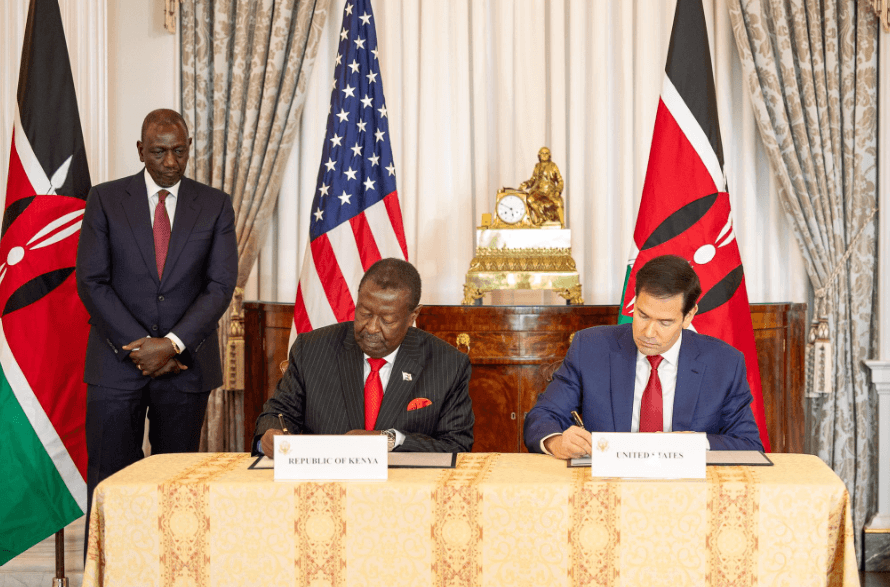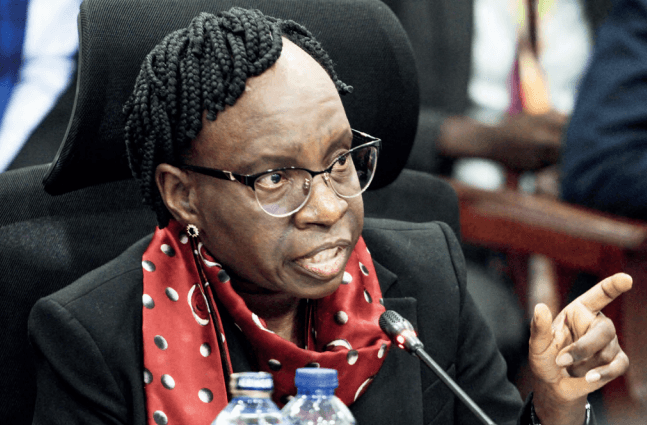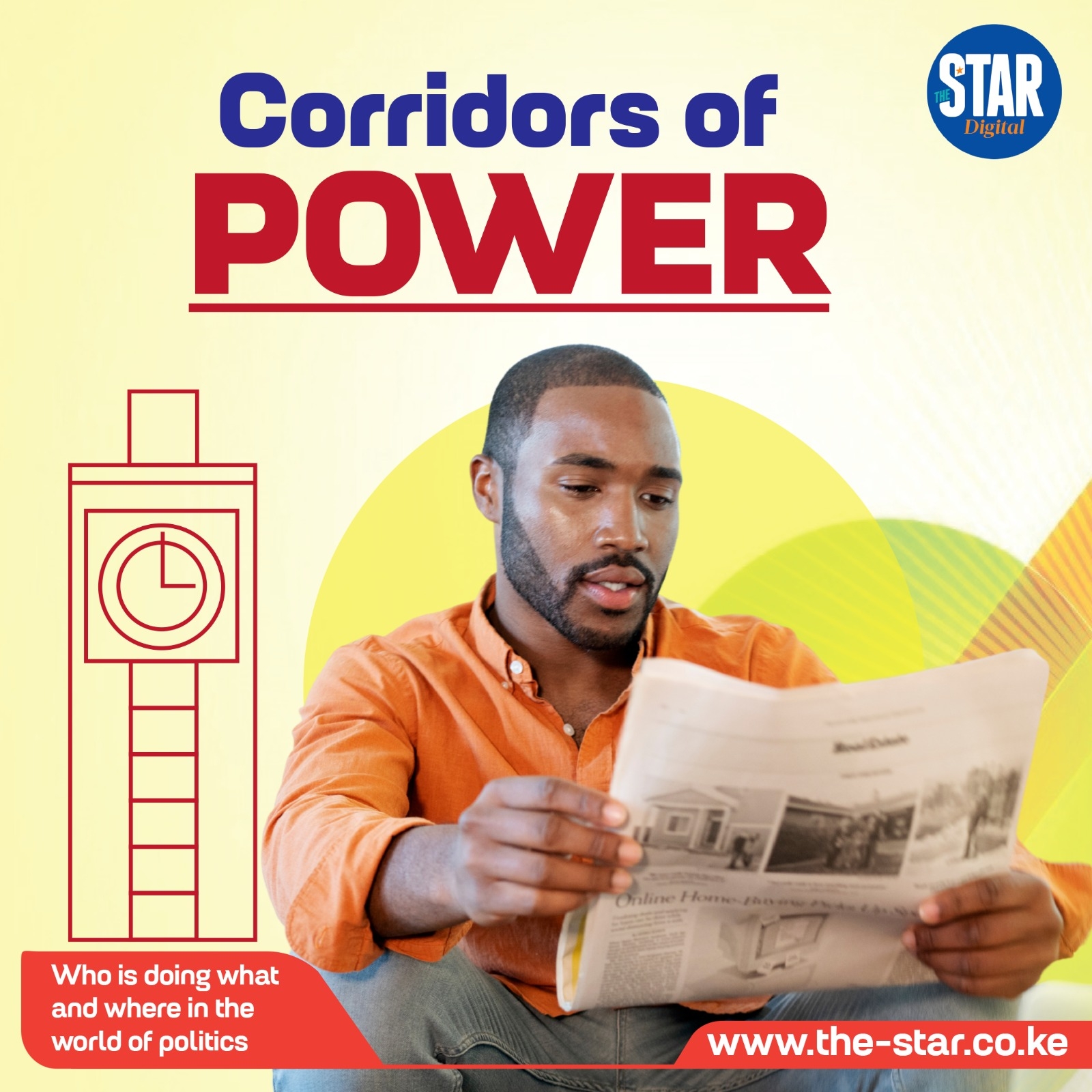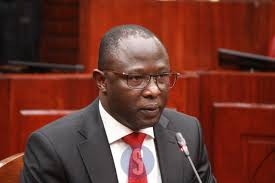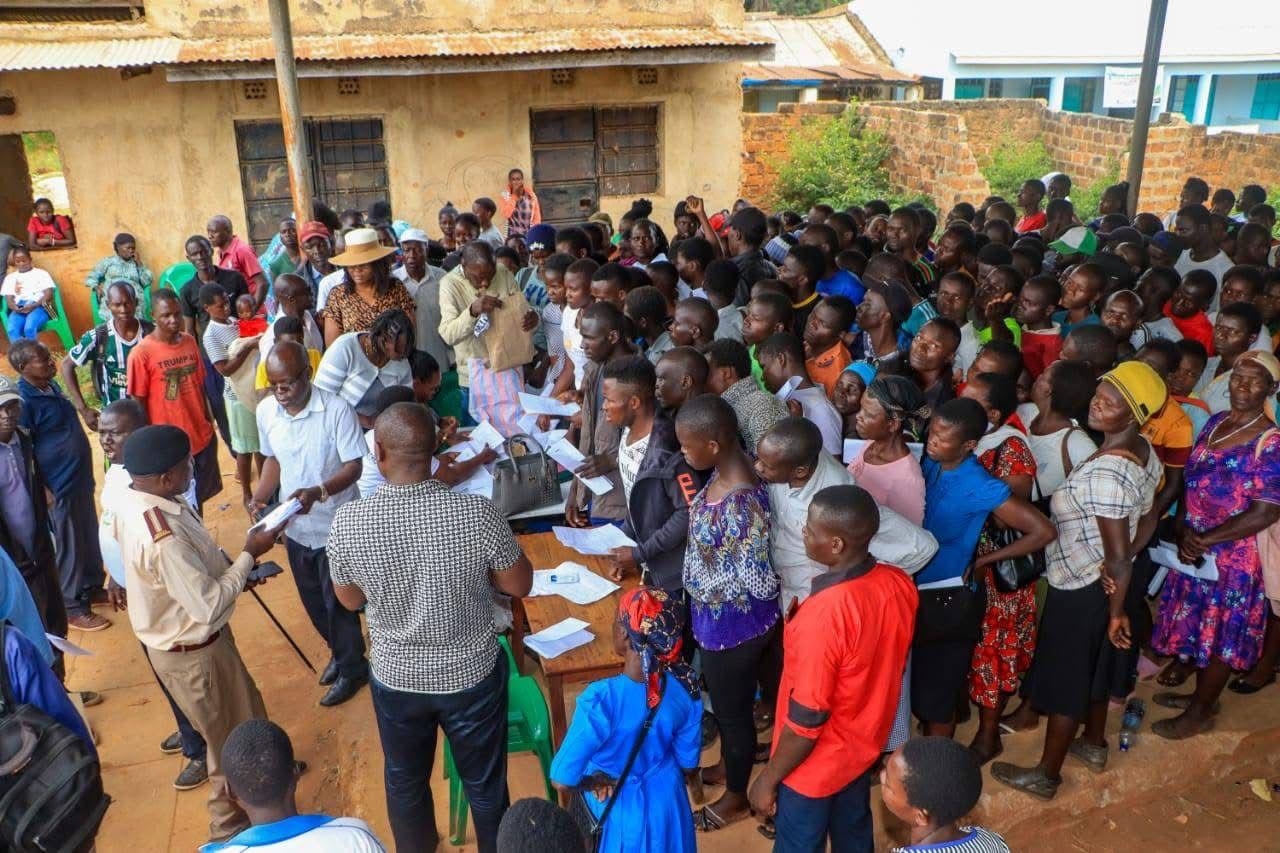
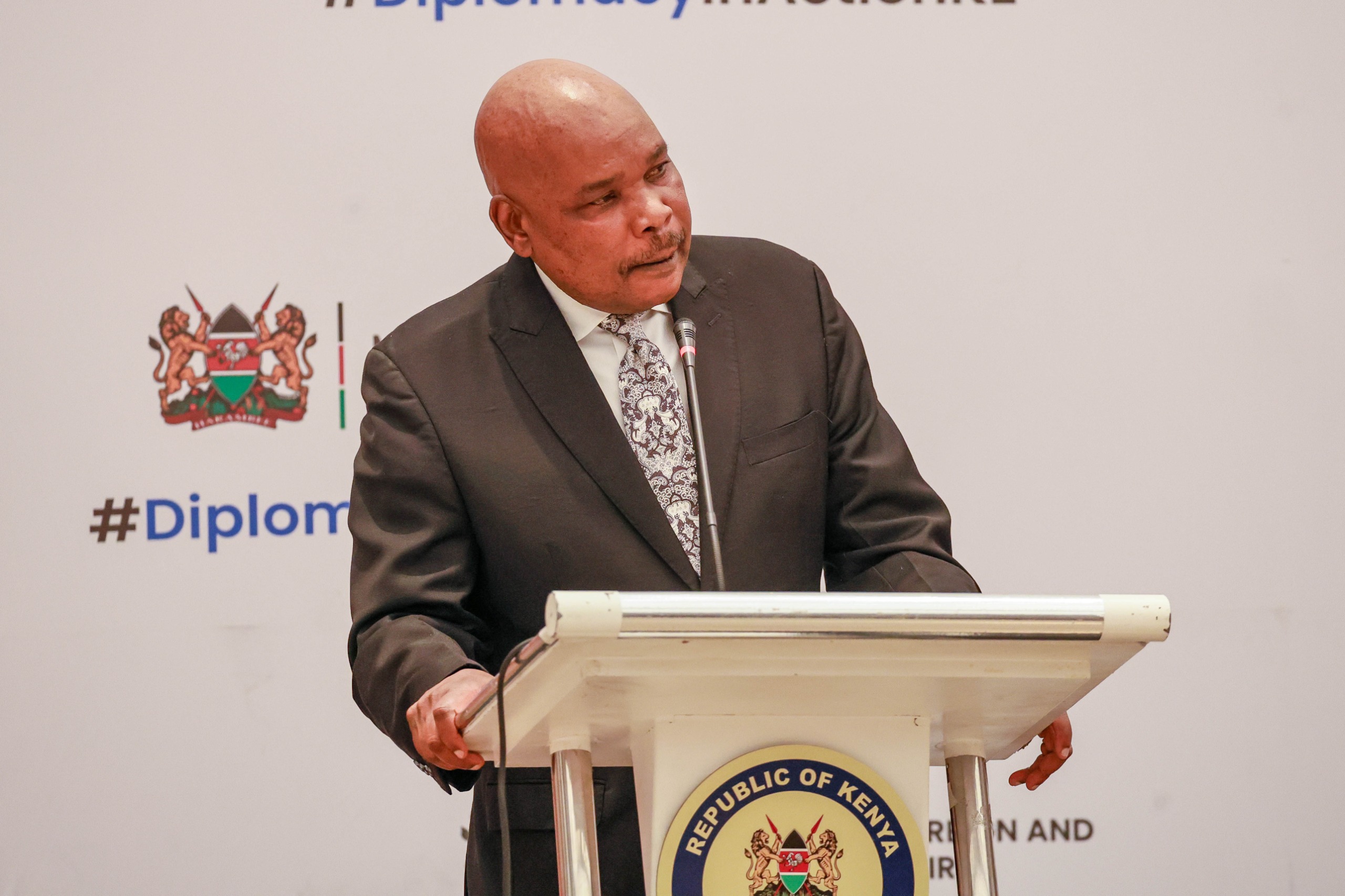
Addressing diplomatic corps on Thursday, Mutua said the panel, in addition to compensation, will suggest legislative changes to “bring to life the scope of Article 37”.
The article grants every person the right to peaceful and unarmed
assemble, demonstrate, picket and present petitions to public authorities.
“We realised our police have performed very well in Haiti but we have some challenges with the police here,"Mutua said..
"We, therefore, shall be recommending a reform agenda for the police to change the culture of policing so that when the police and demonstrators come into conflict, the outcomes we saw in the last year and a half do not happen."
He said they will also, where necessary, be recommending prosecution of police
officers who acted in excess of their powers.
Mutua said the exercise will help open a new chapter in the culture of policing to enhance
and protect democracy.
Despite the
panel being challenged in court, he told the envoys that he expects the team
to conclude its mandate during the period.
On compensation,
Mutua said the team will design a framework on the payment to victims of riots
and protests, identify, verify and determine the quantum of the payout.
“It is a
process that will be transparent, victim-centered and based on public participation.
We intend to finish our work within a limited time of 120 days,” he said.
Prime Cabinet
Secretary and CS for Foreign Affairs Musalia Mudavadi told the envoys that the
appointment of the16-member team is testament to President William Ruto’s “steadfast
commitment to justice, national healing and the rule of law”.
Mudavdi
said Parliament is considering the Public Order (Amendment) Bill, 2025,
which he said seeks to strengthen the framework for maintaining public order by
ensuring respect for the constitution and protecting public property from
vandalism.
“The government continues to prioritise police professionalism and accountability to
guarantee conduct of public order operations are with full respect for human
rights and the rule of law. I take this opportunity to reaffirm the government’s
commitment to constructively engaging all stakeholders to foster peace,
stability, and national cohesion for the prosperity of our country,” he said in
his briefing.
Reacting to
recent criticism of the government’s abuse of human rights, Mudavadi said they will
address the issues raised “transparently and accountably”, in part through the
panel.
“The
Government takes seriously concerns raised regarding recent reports of
abductions. As a member of the Human Rights Council and host of the
Sub-regional UN Office of the High Commissioner for Human Rights in Nairobi,
Kenya remains steadfast to addressing these matters transparently and
accountably,” he said.
The appointment
of the panel has triggered divergent reactions among legal professionals, civil
society and politicians.
Opposition
politicians Rigathi Gachagua (DCP) and Martha Karua (PLP) have, for instance,
queried the initiative.
Former DP
Gachagua Gachagua has termed the move to appoint the panel as President Ruto’s
attempt to appease the international community ahead of the UN Assembly following
concerns about extrajudicial killings and abductions.
“He is
trying to hoodwink the international community by ordering Prof Makau Mutua to
set up a team to compensate victims of extrajudicial killings,” he said.
Karua — a
former Justice and Constitutional Affairs Minister — has faulted the
panel’s mandate, arguing its establishment is duplication of roles.
She has argued that plans to compensate the victims were a
mere pacifying strategy adopted by the Ruto administration while casting doubts
on the government’s sincerity in the matter.
“Compensating and continuing to kill is not a sensible policy. They ought to start with seeking justice and let it run parallel with the compensation. Let them not start their own creations. They have to follow the instructions; we have the constitutional commission. Why do you want to duplicate mandates?” she asked.





